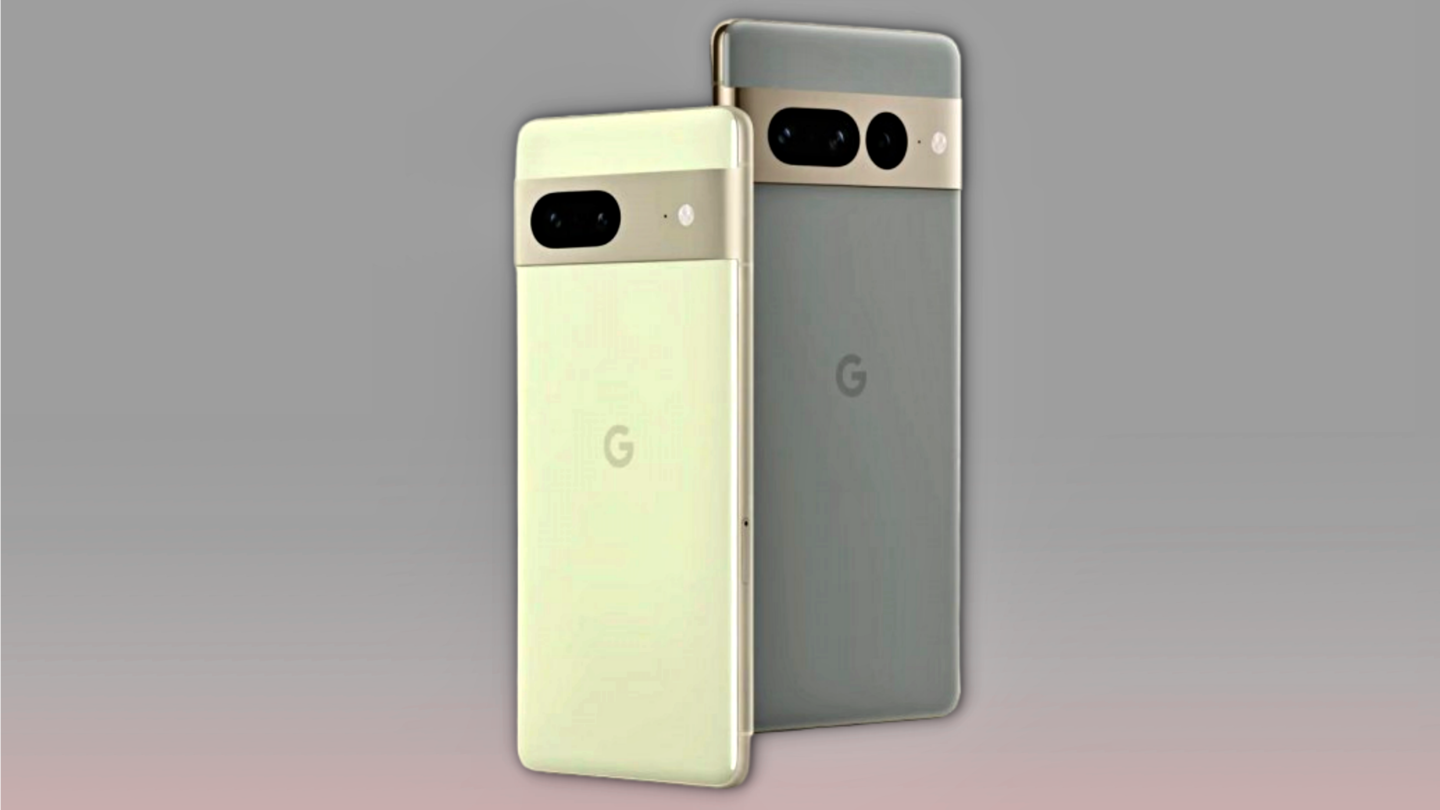
Google explains why Pixel 7 series supports only 64-bit apps
What's the story
Google has revealed that the recently introduced Pixel 7 and Pixel 7 Pro are the first-ever Android devices to support only 64-bit apps.
The tech giant has outlined the advantages of abandoning support for 32-bit apps on its Pixel 7 series.
According to the company, this modification helps reduce RAM usage and enhances security and performance on the smartphones.
Context
Why does this story matter?
So far, all Android devices that support 64-bit apps have also supported 32-bit apps. So, making its latest Pixel series only 64-bit compatible, is certainly a significant step by Google.
The company believes that the Android ecosystem is prepared for it, and this change will in turn improve user experience.
It anticipates that more and more devices will cease to support 32-bit apps.
Difference
32-bit v/s 64-bit apps: What's the fuss about?
A 32-bit setup can manage 4GB of RAM i.e. 232 memory addresses at a time, whereas a 64-bit CPU-configured device can easily handle more than 4GB of RAM, meaning it can access 264 memory addresses at a time.
Hence, a 64-bit setup can fetch, move, and process larger chunks of data in a shorter amount of time than a 32-bit setup, offering better performance.
Information
The 64-bit-only configuration offers enhanced CPU performance
When 32-bit support is dropped, Google claims that the 64-bit configuration offers up to 25% improved performance on the new CPU (i.e. Tensor G2), Furthermore, it frees up 150MB of RAM, which is otherwise used anyway (whether 32-bit apps are running or not).
Going forward
Google encourages developers to pay "extra attention" to 64-bit-only devices
Google is urging developers to initiate tests for apps and updates for 64-bit-only devices. Compatibility issues with the new configuration can be tested using the available tools.
The apps can access instructions and resources more quickly if they are only 64-bit compatible. For instance, a device with 64-bit-only app support reduces CTS testing time by half, enabling smartphone OEMs to release updates more quickly.
Information
Google will continue to support 32-bit apps for other platforms
The 64-bit-only configuration will become more common on smartphones in the coming days. But 32-bit-only devices will still be crucial for Android Go, Android TV, and Android Wear, according to Google. Additionally, Play Store will continue to offer 32-bit apps to 32-bit-only devices.
Highlights
Meanwhile, here's recalling the Pixel 7 series
The Pixel 7 and 7 Pro feature a top-centered punch-hole cut-out and an in-screen fingerprint scanner. On the rear, they sport a dual-tone design and a full-width metal camera visor.
The Pixel 7 flaunts a 6.3-inch Full-HD+ (1080x2400 pixels) AMOLED panel with a 90Hz refresh rate.
The 7 Pro boasts a 6.7-inch QHD+ (1440x3120 pixels) LTPO AMOLED screen with a 10-120Hz variable refresh rate.
Cameras
The 7 Pro includes a 48MP telephoto snapper with OIS
The Pixel 7 flaunts dual rear cameras, including a 50MP (f/1.85) primary camera and a 12MP (f/2.2) 114-degree ultra-wide sensor.
The 7 Pro's triple rear lenses include a 50MP (f/1.85, OIS) main lens, a 12MP (f/2.2) 126-degree ultra-wide shooter, and a 48MP (f/3.5, OIS) telephoto sensor with 5x optical zoom.
For selfies and video calls, the devices get a 10.8MP (f/2.2) front-facing camera.
Internals
A Google Tensor G2 chipset powers the devices
The Pixel 7 and 7 Pro are powered by an in-house Tensor G2 chipset. They boot the Android 13 OS.
The standard model comes in 8GB/128GB and 8GB/256GB configurations, whereas the Pro model is offered in 12GB/128GB, 12GB/256GB, and 12GB/512GB variants.
The 7 and 7 Pro house 4,355mAh and 5,000mAh batteries, respectively, with 30W fast-charging. They also support wireless and reverse wireless charging.